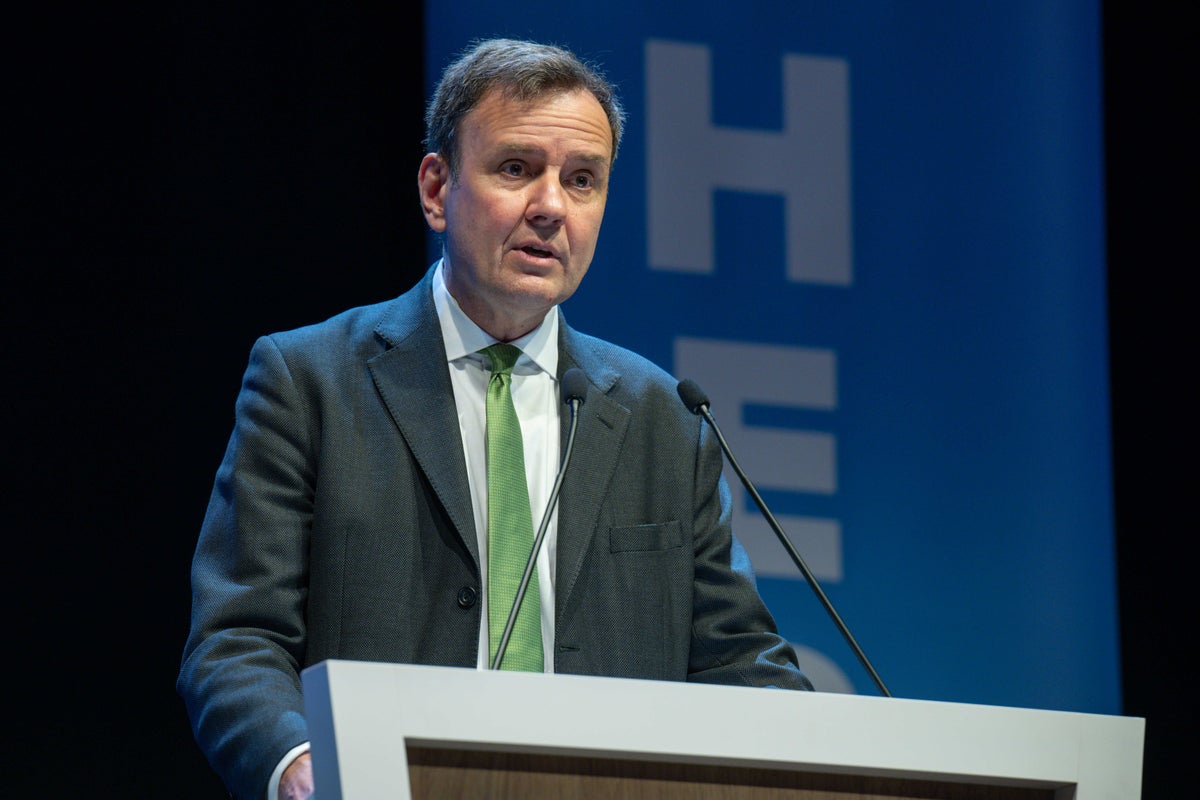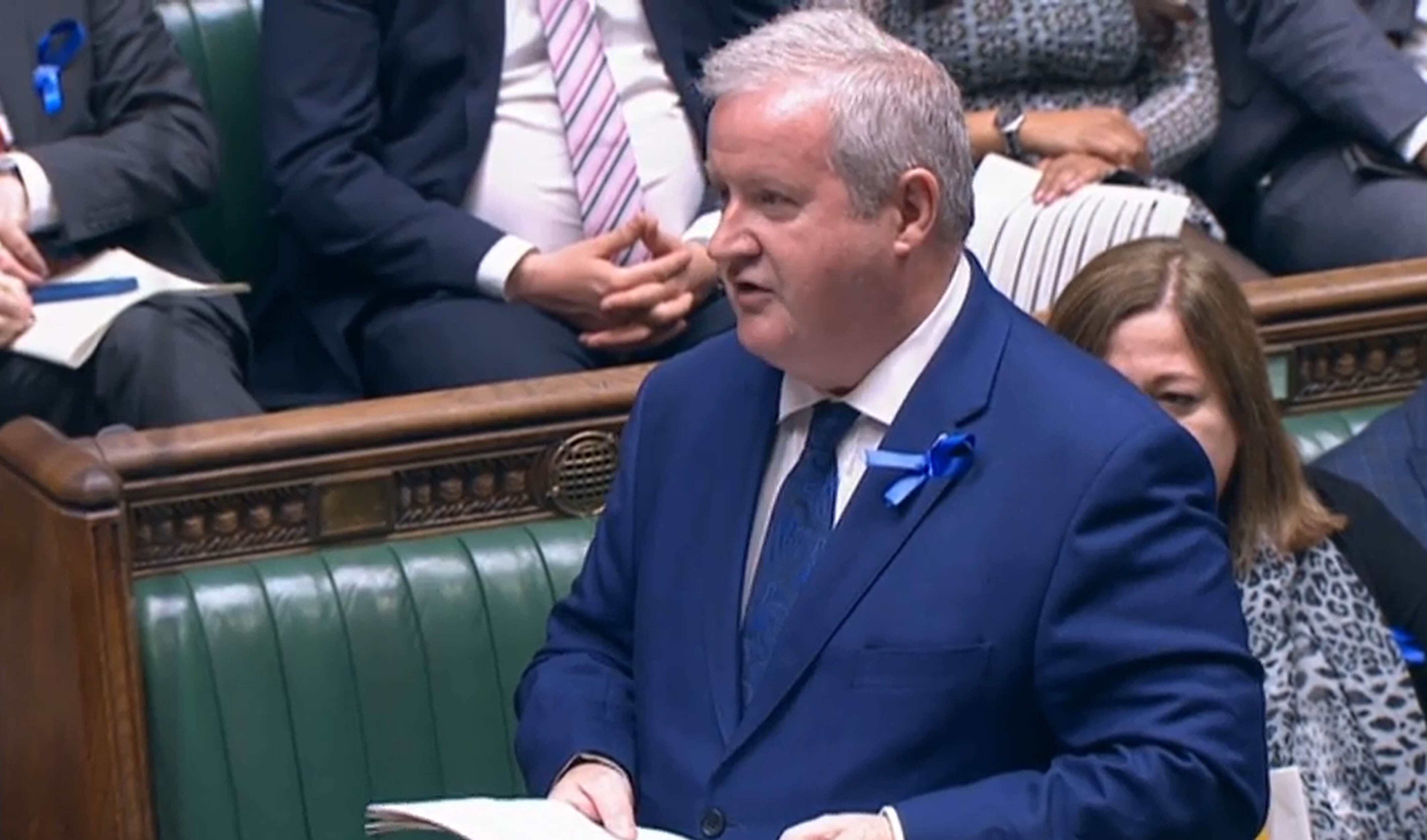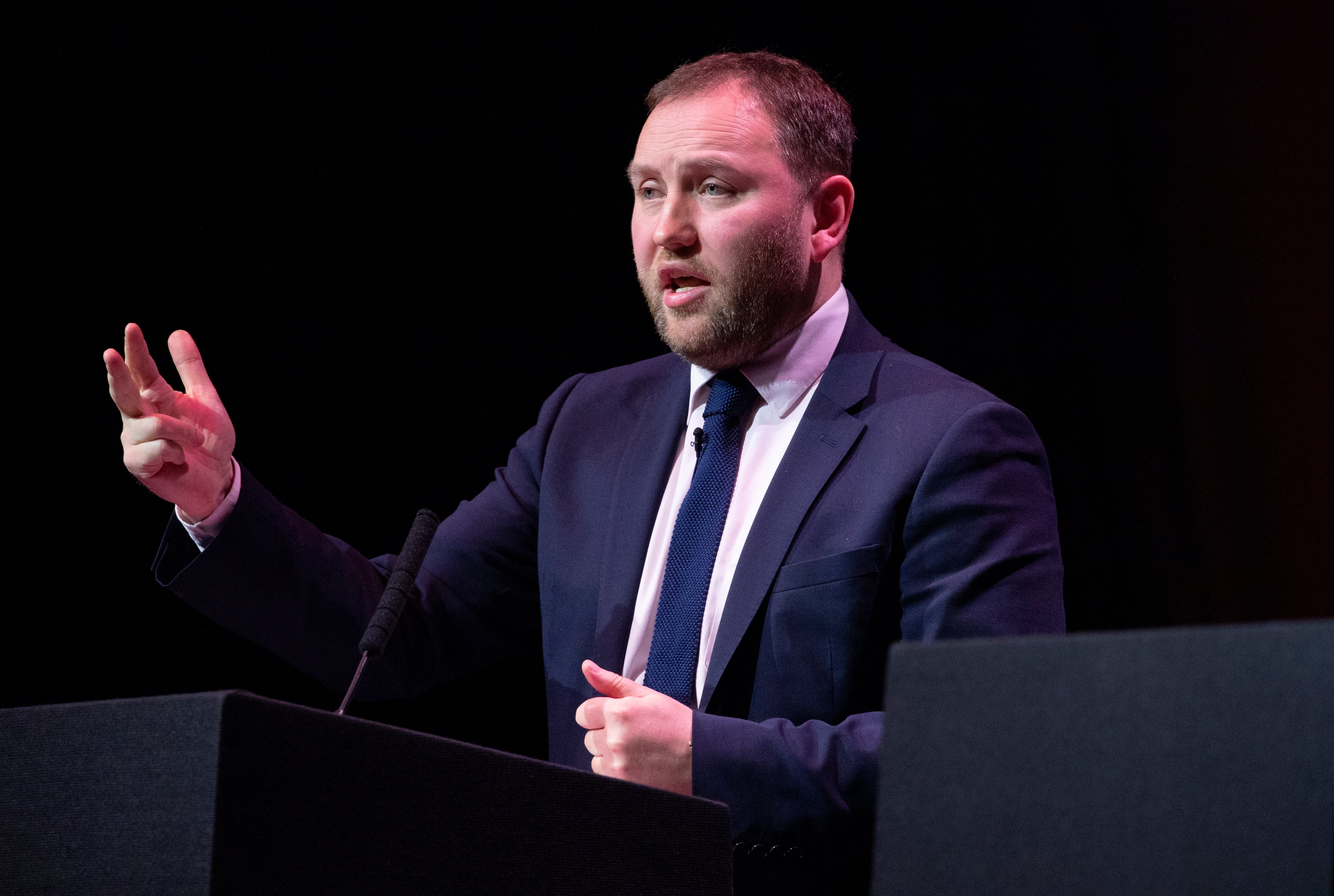
A minister has suggested the SNP may have “some kind of idea of a future deal with Vladimir Putin” for energy in the event of independence, as the Government resisted calls for a referendum.
Business minister Greg Hands made the remark as the House of Commons reacted to Nicola Sturgeon’s intention to hold a second referendum on Scotland’s place in the United Kingdom on October 19 2023.
Speaking at Prime Minister’s Questions, SNP Westminster leader Ian Blackford told MPs that the Conservatives “don’t have the right to block Scottish democracy”.
Stepping in for Boris Johnson, who was away at a Nato summit, Deputy Prime Minister Dominic Raab said: “It’s not the right time.”

At a session of questions to ministers for Scotland, business minister Greg Hands took aim at the SNP’s energy policy.
He said: “They’re anti-nuclear, they’re anti-oil and gas – it’s hard to see where they think they are going to get their energy from in the event of independence.
“Perhaps they have some kind of idea of a future deal with Vladimir Putin.”
He was reacting to a question about carbon capture and storage from Labour MP Fleur Anderson (Putney), who said issues such as the environment and addressing the rising cost of living have “taken a back seat to greater constitutional division”.
Labour shadow Scotland secretary Ian Murray warned Boris Johnson is a “gift to the SNP” and puts the union “at risk”.

He also took aim at the SNP, saying: “Yesterday was nothing more than an attempt by the First Minister to deflect from her horrendous record in Government and to hinder the prospect of a future Labour government that replaces his (Mr Johnson’s). That’s what she fears the most.”
Elsewhere in the debate, Scotland minister Iain Stewart said the SNP’s plan for a second vote on Scottish independence is “unnecessary and unwanted”.
At PMQs, Mr Blackford said the Scottish First Minister has “set the date and started the campaign” for Scottish independence.
He added: “Scotland has already paid the price for not being independent.
“Westminster governments we did not vote for imposing policies we don’t support, breaking international law, dragging Scotland through a damaging Brexit we didn’t vote for and delivering deep austerity cuts.”
Mr Blackford said European countries were enjoying greater success by comparison, adding: “Why not Scotland? In the weeks and months ahead, we will make the positive case for independence. Will the opposition, if they can, make the case for continued Westminster rule?”
Mr Raab replied: “It’s not the right time for another referendum given the challenges that we face as one United Kingdom, and I think – he referred to some of the challenges in Scotland – the people of Scotland want their two governments to work together and we’re keen, willing, enthusiastic to do so.”
Mr Blackford countered: “The harsh reality is the Tories might fear democratic debate but they don’t have the right to block Scottish democracy.”
He added: “Just last year (Scottish Conservative leader Douglas Ross) put it in his own words – a vote for the Scottish National Party is another vote for an independence referendum.
“Well, you won’t often hear me say this, but I agree with him, and so do the Scottish people. Scottish democracy will not be the prisoner of any prime minister in this place.
“So why is the UK Government scared of democracy, or has it simply run out of ideas to defend the failing Westminster system?”
Mr Raab replied: “I think he’s rather airbrushing history with that long soliloquy, but he mentioned the problems that Scotland faces, a huge tax burden imposed by the SNP, Scotland’s record on science and maths under the international Pisa rankings have dropped below England and Wales, and the SNP have presided over the worst drug death rate in Europe – the highest since records began.”
Mr Stewart told MPs earlier that constitutional issues were “far down the list of people’s priorities” in the 2021 Scottish Parliament elections.






